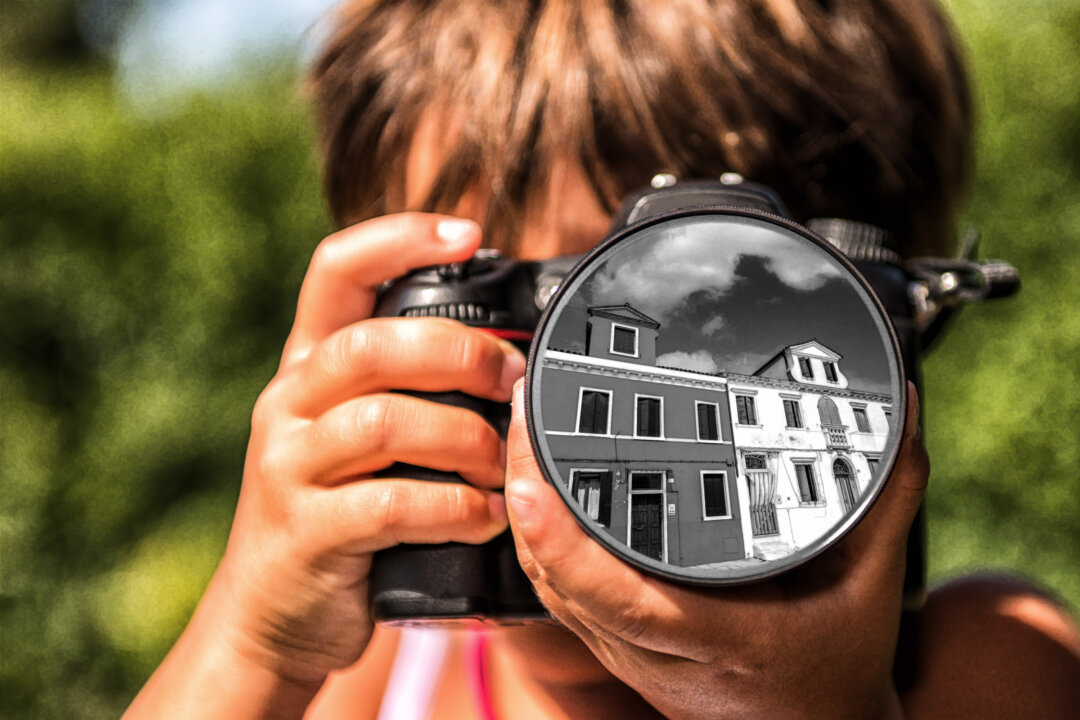We all know that familiar feeling we get looking through old photos, listening to songs from our past, or telling old stories. Memories come to mind, we start to reminisce and long for days gone by, and we’re left with a feeling of nostalgia. But what’s really happening internally when we feel this way? And what does it mean? Most of us welcome nostalgic feelings and find in them a brief respite from recent troubles.
But thinkers in the past didn’t share the same rosy view which we tend to hold today. Johannes Hofer, the 17th-century Swiss physician who coined the term, conceptualized this feeling as a disease, pointing to its tendency to evoke episodes of weeping, insomnia, and anxiety. These studies point to the idea that our feelings of nostalgia might be a mechanism that serves to protect us from psychological harm.
“Nostalgia is a resource for psychological health ...
[that] promotes adaptive psychological functioning among individuals at risk for poor mental health,” Routledge wrote in his paper. If we become nostalgic when threatened by negativity, loneliness, or meaninglessness, then our experience of nostalgia could be a safety rope that pulls us back to the surface. Routledge and University of Southampton researchers further explored this idea in the study mentioned above, in which two groups of participants were asked to think about and write down either a “nostalgic event” or an “ordinary event” from their past.
When given a battery of emotional .


















